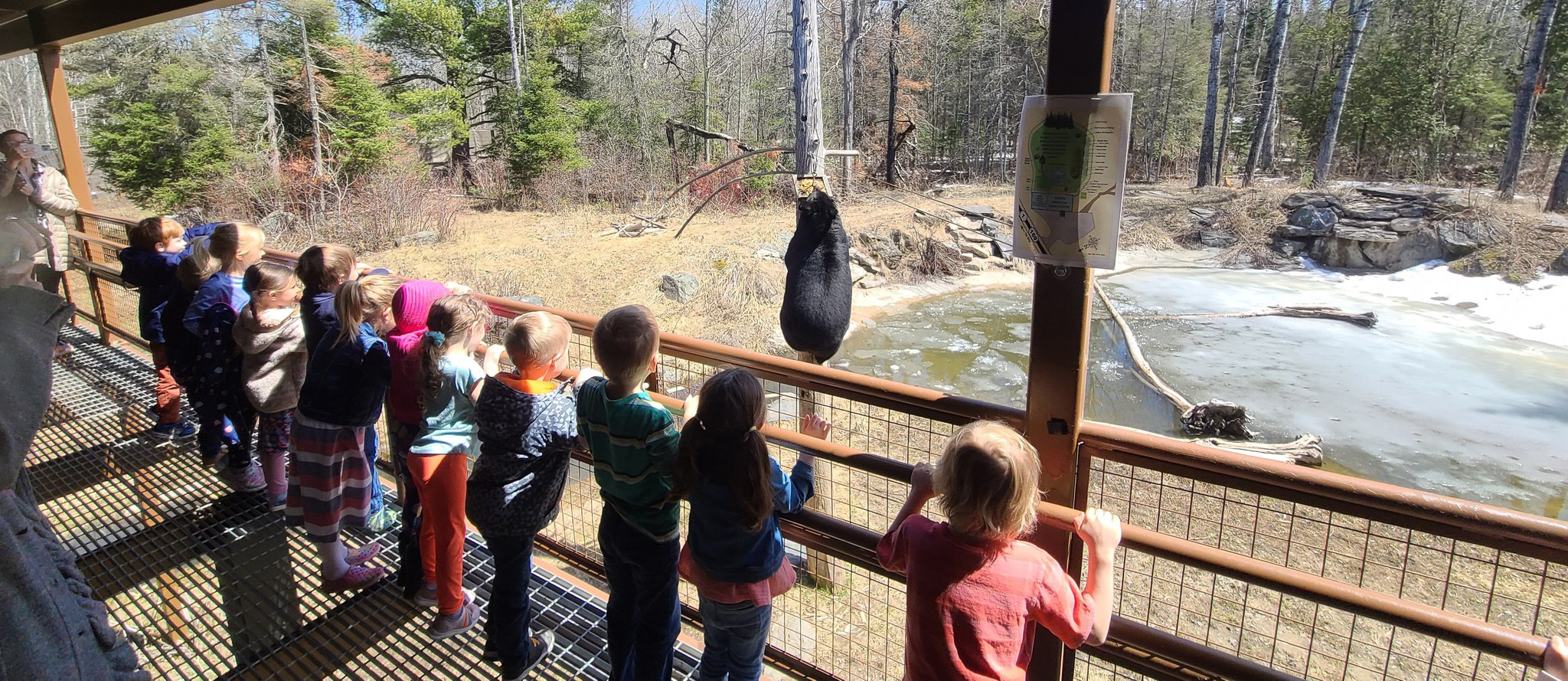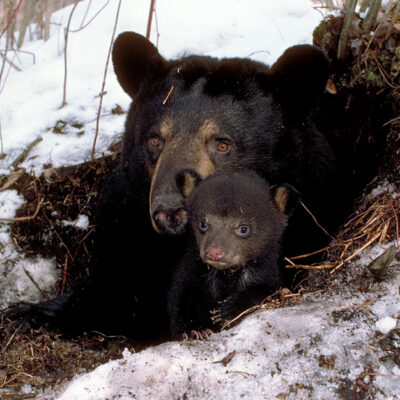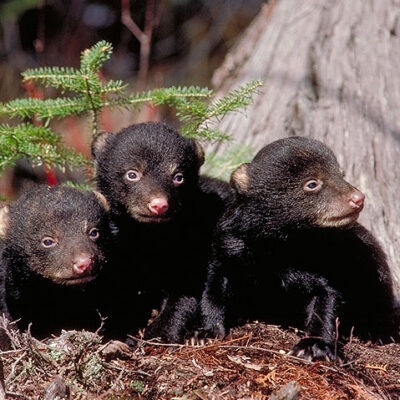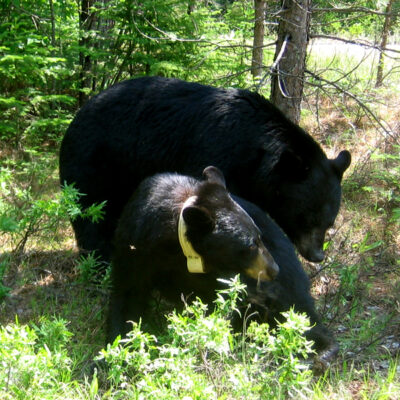Cub Vocalizations – Mother Responses
Because bears are intelligent animals, much of their behavior is based on learning rather than instinct, so responses may vary. Vocalization Situation Mother’s Response Pulsating hum Nursing (or, rarely, when…
Read More










